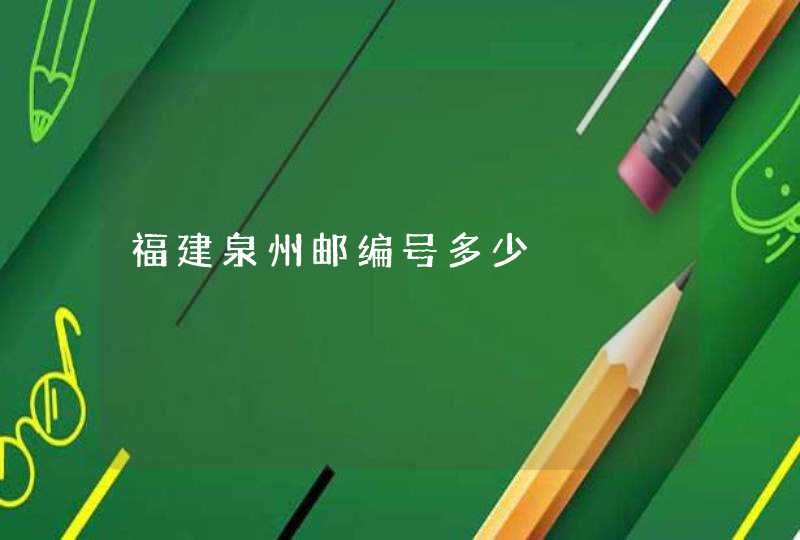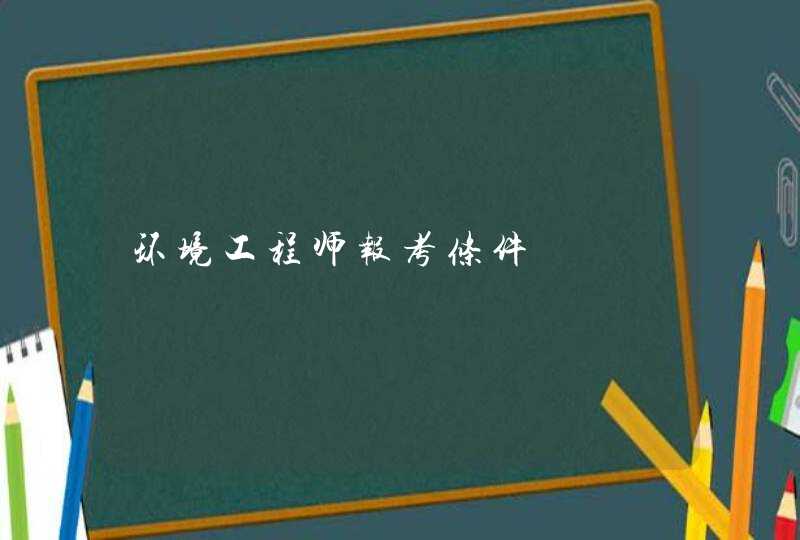“科学家”的英文单词"scientist"
音标:ˈsīəntist
例句与用法:
He is a scientist , but he is a poet as well
他是科学家又是诗人。
Scientists study the composition of the soil
科学家研究土壤的构成。
The scientists removed the mouse's spleen
科学家们切除了小鼠的脾脏。
They are mostly visiting scientists
他们大多数是参观的科学家。
Wasn't that old slave a scientist
那个老农奴不是一位科学家吗?
以下是介绍英国伟大的科学家和物理学家史蒂芬霍金的
NO BOUNDARIES
imagine this:you are twenty-one years old and a promising graduate student at one of the top universities in the worldOne day,your doctor tells you that you have an incurable disease and may not have more than twelve months to liveHow would you feelWhat would you doMost of us would probably feel very sad and give up our dreams and hopesfor the futureHere is what Stwphen Hawking thought:
(There did not seem)much point in working on my PhD--I did not expect to survive that long>Yet towyears had gone by and I was ont that much worseInfact things were going rather well for me and I had got engaged to a very nice girl, Jane WildeBut in order to get married, I needed a job,and in order to get a job,I needed a PhD
Instead of gining up Hawking went on with his research,got his PhD and married Jane Nor did he let the disease stop him from living the kind of life he had always dreamt of He continued his exploration of the universe and travelled around the world to give lecturesIn 2002,Hawking visiter China and spoke to university students on Hangzhou and BeijingAs his disease has disabled him,Hawking has to sit in his now-famous whellchair and speak through a computerHe told the students about histheories and thoughts on some of the greatest questions:What is time,how did the universe begin,and what exactly sreblack holes
Hawking became famous in the early 1970s, when he and American Roger Penrose made new discoveries about the Big Bang and blacd golesSince then ,Hawking has continude to seek answers to questions about the nature of the universeIn 1988,he wrote A Brief History of Time, which quickly became a best-seller Readers were pleased and surprised to find that a scientist could write about his word in a way that ordinary people could understand
In the bood ,Hawking explains both what it means to be a scientist and how science words He tells readers how discoveries are made and how they change the worldScience,according to Hawking is often misunderstood:people lften think that science is about "true"facts that never change Scientists,on the other hand, hawking writes, know that their job is never finished and that even the best theory can turn out to be wrong
A scientific theory is the result of the scientific method Scientists look at the world and try to describe and explain what they see First they carefully observe what they are interested in To explain what they gave seen,they build a theory about the way in which things gappen and the causes and effectsFinally, the scientists test the theory to see if it matches what they gave seen and if it can predict future enents If what they are observing can be tested in a practical way ,scientist will use experimentsBut if, lide Hawking, they are studying something that is too large or too diffcult to observe directly, they will use a model to test the theory
People who listen to Hawking 's lectures sometimes find it difficult to understand him ,because his thoughts and ideas often seem as large as the universe he is trying to describeThe speech computer is not the problemIn fact, piople who hear it often say it sounds just likea guman voiceHawking is happy with it ,too"The only trouble ,"says Hawking, who is British,"is that it gives me an American accent"
PS:打得有点急,可能有的词会打错,有不通顺的地方要仔细思考,这是高二年的课文,难度适中,生词不明白要勤查词典,衷心希望你能学好英语!
牛顿
Isaac Newton was born on December 25, 1642 (by the Julian calendar then in use; or January 4, 1643 by the current Gregorian calendar) in Woolsthorpe, near Grantham in Lincolnshire, England He was born the same year Galileo died Newton is clearly the most influential scientist who ever lived His accomplishments in mathematics, optics, and physics laid the foundations for modern science and revolutionized the world
Newton was educated at Trinity College, Cambridge where he lived from 1661 to 1696 During this period he produced the bulk of his work on mathematics In 1696 he was appointed Master of the Royal Mint, and moved to London, where he resided until his death
As mathematician, Newton invented integral calculus, and jointly with Leibnitz, differential calculus He also calculated a formula for finding the velocity of sound in a gas which was later corrected by Laplace
Newton made a huge impact on theoretical astronomy He defined the laws of motion and universal gravitation which he used to predict precisely the motions of stars, and the planets around the sun Using his discoveries in optics Newton constructed the first reflecting telescope
Newton found science a hodgepodge of isolated facts and laws, capable of describing some phenomena, and predicting only a few He left it with a unified system of laws, that could be applied to an enormous range of physical phenomena, and used to make exact predications Newton published his works in two books, namely "Opticks" and "Principia"
Newton died in London on March 20, 1727 and was buried in Westminster Abbey, the first scientist to be accorded this honor A review of an encyclopedia of science will reveal at least two to three times more references to Newton than any other individual scientist A 18th century poem written about Sir Isaac Newton states it best:
“Nature and Nature's laws lay hid in night:
God said, Let Newton be! and all was light
—Alexander Pope
scientist
读音:英 [ˈsaɪəntɪst] 美 [ˈsaɪəntɪst]
n科学家;科学工作者
复数: scientists
例句:
1、He is an accomplished scientist
他是个很有成就的科学家。
2、A monument was erected to the memory of that great scientist
为纪念那位伟大的科学家树立了一块纪念碑。
3、He approached the question as a scientist
他以一个科学家的眼光去处理这个问题。
4、Madame Curie was the only famous woman scientist in the world
居里夫人是世界上唯一有名的女科学家。
5、She has become a famous scientist
她成为著名科学家。
扩展资料:
science teacher
读音:英 [ˈsaiəns ˈti:tʃə] 美 [ˈsaɪəns ˈtitʃɚ]
理科教员
例句:
1、He is a science teacher
他是一个教科学的老师。
2、Research and Practice of primary science teacher Training in Beijing Institute of Education
北京教育学院小学科学教师培训研究与实践
3、The man is a science teacher
这个男子是一位科学教师。
4、My science teacher is Mr Johnson
约翰逊先生是我的科学课老师。
5、Find out about the molecular structure of adenine with information from a science teacher in this free video on physiology and the human body
了解有关信息的腺嘌呤从一本免费的视频的生理科学教师和人体的分子结构。
不分男女的
scientist
n(名词)
A person having expert knowledge of one or more sciences, especially a natural or physical science
科学家:在一门或多门科学中有专家知识的人,尤指在自然或物理科学中
Scientist A Christian Scientist
Scientist 科学家:基督教科学家
爱因斯坦:Alerbt Einstein
牛顿:Isaac Newton
伽利略:Galileo Galilei
哈雷:Edmond Halley
阿基米德:Archimedes
以上就是关于科学家的英文单词是什么全部的内容,包括:科学家的英文单词是什么、谁告诉我关于科学家的英语介绍,不要太难!、请问科学家用英语怎么读等相关内容解答,如果想了解更多相关内容,可以关注我们,你们的支持是我们更新的动力!


